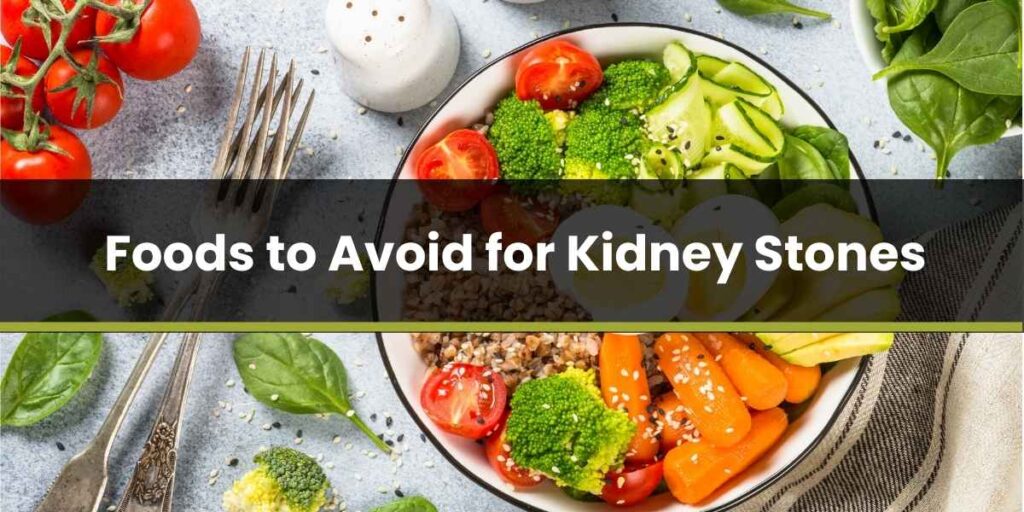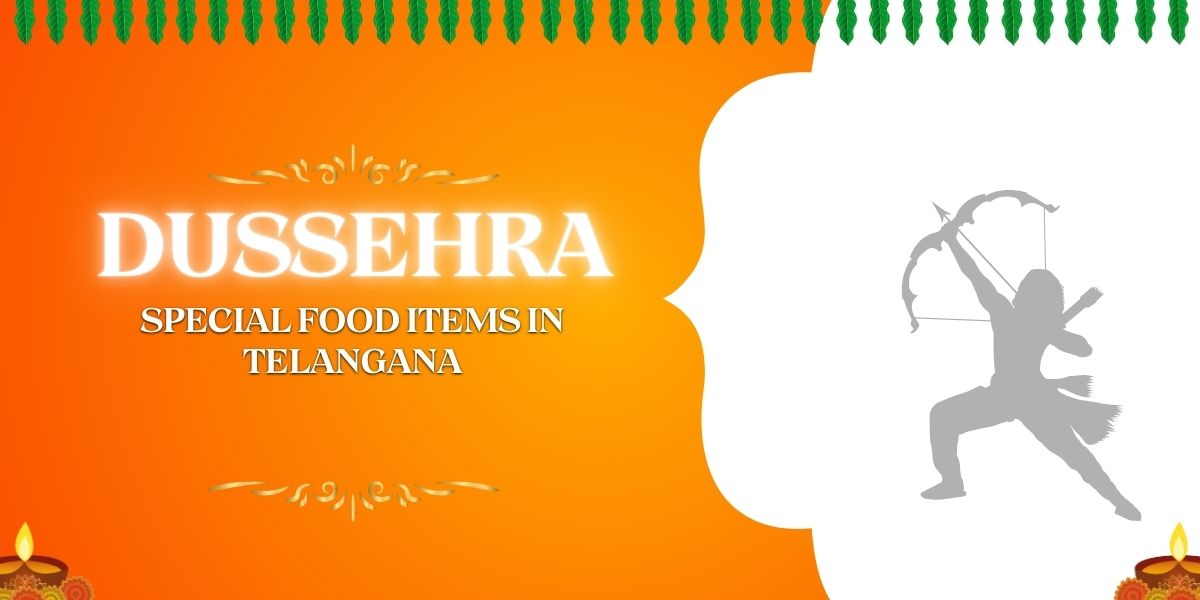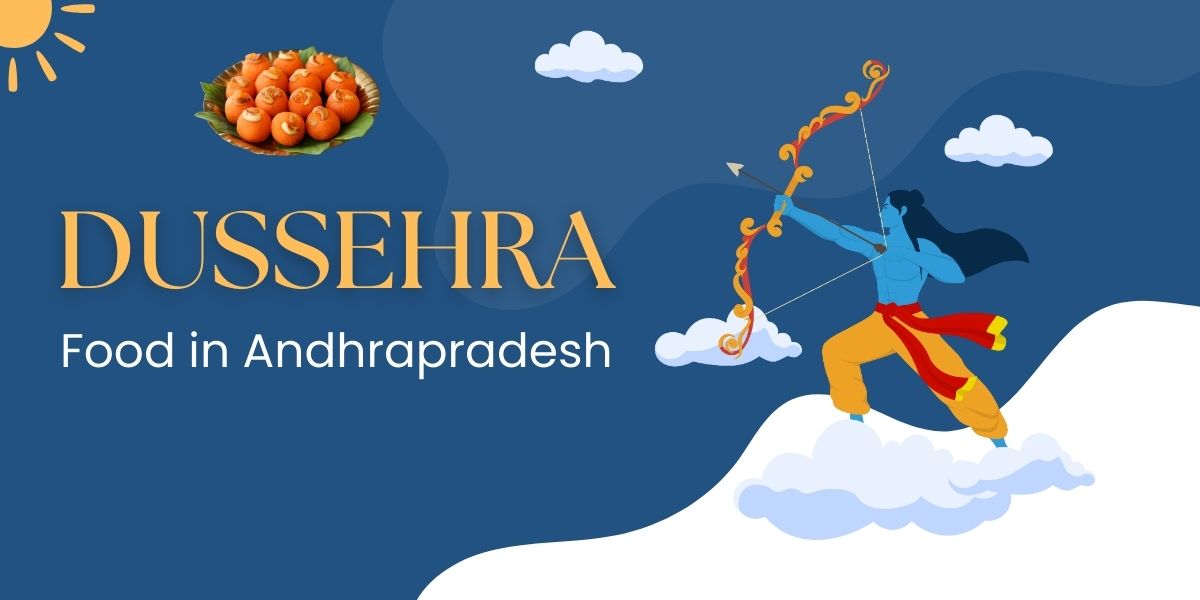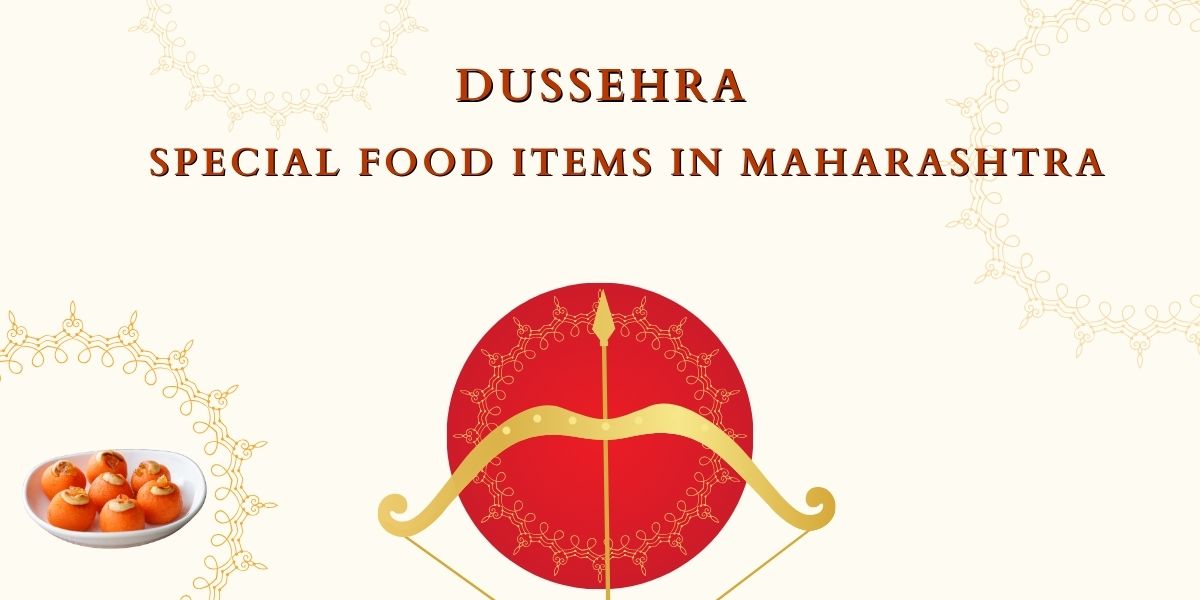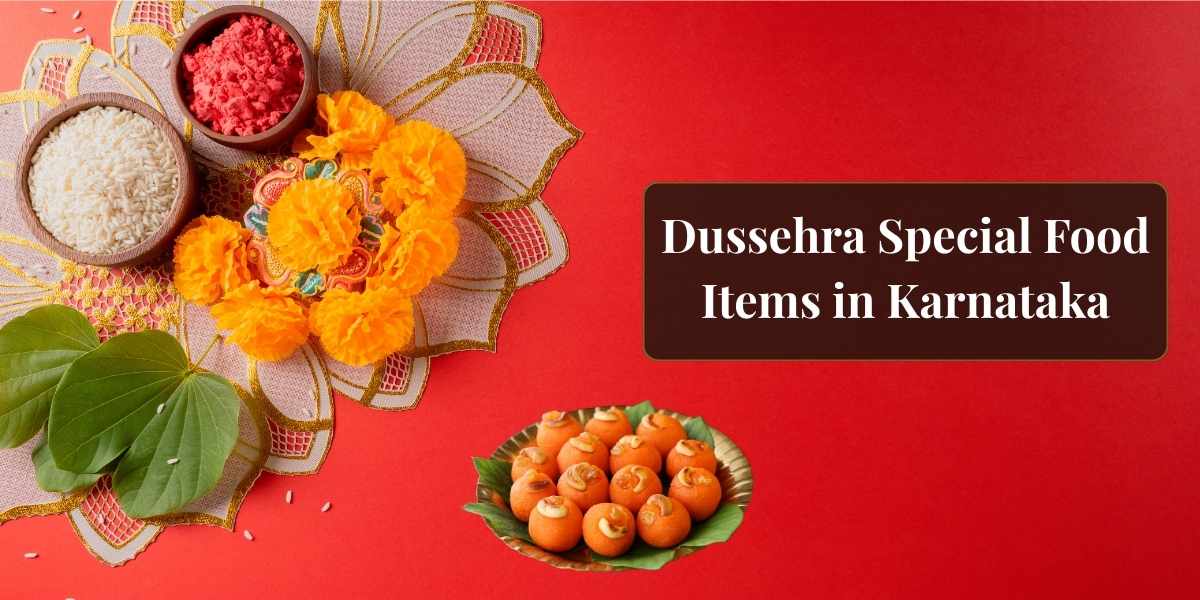Kidney stones are not only extremely painful but also becoming increasingly common in today’s fast-paced lifestyles. They occur when certain minerals and salts present in the urine cluster together and harden into crystal-like structures within the kidneys. This process is often influenced by poor hydration, unbalanced diets, genetics, and underlying medical issues. Among these, food habits and daily fluid intake stand out as major triggers for stone development and recurrence. The encouraging part is that by making simple yet consistent dietary adjustments—such as focusing on foods to avoid for kidney stones—you can significantly lower your chances of developing them or prevent them from coming back if you’ve dealt with them before.
In this guide, you’ll gain a clear understanding of
- What kidney stones are
- Top foods to avoid
- Indian foods that contribute to stones
- Smart diet tips
- Kidney stone-friendly recipes
- And answers to frequently asked questions
Let’s take the first step toward protecting your kidneys and building a healthier, stone-free lifestyle.
What Are Kidney Stones?
Kidney stones, often referred to in medical terms as renal calculi, are solid masses that develop when minerals and salts in urine stick together and harden inside the kidneys. These stones can be extremely small, resembling grains of sand, or grow large enough to take up significant space, sometimes matching the size of a golf ball. When they begin moving through the urinary tract, they can trigger sharp waves of pain, along with symptoms like blood in the urine, burning during urination, or a constant urge to pass urine. Because of their unpredictable size and movement, kidney stones are considered one of the most painful urinary disorders.
Common Types of Kidney Stones
- Calcium oxalate stones (most frequently seen, usually linked to high oxalate foods and low hydration)
- Uric acid stones (often associated with diets rich in red meat, organ meats, and seafood)
- Struvite stones (commonly develop after repeated urinary tract infections)
- Cystine stones (a rare type caused by genetic factors leading to excess cystine in urine)
Key Causes
- Not drinking enough water, leading to highly concentrated urine
- Eating too much sodium or foods high in oxalates like spinach and nuts
- Heavy consumption of animal protein, such as meat or eggs
- Weight gain and obesity, which increase the risk of stone formation
- Inherited genetic factors or family history of stones
- Underlying health issues, such as hyperparathyroidism or recurring urinary infections
Top Foods to Avoid in Kidney Stones and Why?
Certain foods can make you more prone to kidney stones because they affect the balance of minerals and waste products in your urine. By raising oxalate, uric acid, or calcium levels, they create a favorable environment for crystals to develop and harden inside the kidneys. Regularly eating these foods without keeping your hydration and diet in check can significantly raise the chances of stone formation or even cause recurrence in people who have already had them. Understanding which foods to limit is one of the most important steps in protecting your kidney health and avoiding painful episodes in the future.
Spinach
- Spinach is one of the biggest dietary offenders when it comes to kidney stone formation because it is extremely rich in oxalates.
- These compounds easily combine with calcium in the body to form crystals, which then build up into stones over time.
- The risk becomes even higher when spinach is eaten raw in smoothies or salads, as raw leaves retain high oxalate content.
- Cooking spinach may lower levels slightly, but people prone to kidney stones should still consume it cautiously.
Also Read – Foods to Eat and Avoid for Thyroid
Beets
- Beets are another commonly consumed vegetable that contain a high amount of oxalates.
- When eaten often, they can cause oxalate levels in urine to spike, creating the perfect environment for stones to form.
- While they are nutrient-rich and good for general health, individuals with a history of kidney stones should limit their beet intake or pair them with foods rich in calcium to reduce absorption.
Nuts and Seeds
- Nuts such as almonds, cashews, and peanuts, along with certain seeds, are also loaded with oxalates.
- Regular snacking on these may seem harmless, but over time they can contribute to kidney stone development in susceptible individuals.
- Instead of cutting them out completely, it is better to eat them in strict moderation and balance your diet with other low-oxalate foods.
Chocolate
- Chocolate, though loved by many, poses a double concern. It not only contains oxalates that increase the risk of stone formation but also comes packed with added sugars and fat.
- High sugar intake can contribute to insulin resistance and metabolic imbalance, both of which can indirectly worsen kidney health.
- Occasional small portions may be fine, but frequent indulgence should be avoided.
Excessive Animal Protein
- Eating too much red meat, organ meats, eggs, or seafood has been linked to a rise in uric acid levels.
- This makes the urine more acidic, creating favorable conditions for uric acid stones. In addition, excessive protein reduces citrate levels in the urine, which normally helps prevent stones.
- Swapping some of these proteins with plant-based sources can help reduce risk while still meeting nutritional needs.
Salty Foods
- A diet heavy in salty or processed foods raises the levels of sodium in the body, which directly impacts how the kidneys handle calcium.
- Excess sodium forces the kidneys to release more calcium into the urine, and when urine calcium rises, the chances of crystal formation increase dramatically.
- Packaged snacks, pickles, chips, and restaurant meals are common culprits that should be limited to keep stone risk under control.
Tea (Especially Black Tea)
- While tea in moderation can be harmless, drinking large amounts of black tea significantly boosts oxalate intake, which can trigger stone formation.
- This is especially true when consumed daily without enough water to dilute its effects. Iced tea, a popular drink in hot climates, is an unnoticed source of concentrated oxalates that catch many people off guard.
- Herbal teas or green tea in moderation are safer alternatives.
Rhubarb
- Rhubarb stands out as one of the foods highest in oxalates, and even small servings can drastically raise the risk of kidney stones.
- Because of its exceptionally high oxalate content, nutrition experts usually recommend that anyone with a tendency toward stones completely avoid rhubarb.
- Though it appears in certain desserts or traditional preparations, it offers little benefit compared to the risks for kidney health.
Cola & Soft Drinks
- Colas and sweetened sodas are harmful in more than one way. They contain phosphoric acid, which increases calcium phosphate stone risk, and they are also loaded with sugar that promotes obesity and metabolic disorders—both linked to stone formation.
- Regular consumption not only stresses the kidneys but also adds empty calories, making them one of the worst beverage choices for stone-prone individuals.
- Opting for plain water or fresh coconut water is a far better choice.
Vitamin C Supplements (in Excess)
- Though vitamin C is essential for immunity and repair, excessive supplementation—especially doses above 1000 mg per day—can backfire.
- In the body, excess vitamin C may convert into oxalates, which then increase the risk of forming stones.
- Prolonged use of high-dose supplements can be particularly dangerous, so it is safer to balance intake through natural food sources like citrus fruits, amla, or guava.
Indian Foods to Avoid for Kidney Stones
Indian cuisine is known for its rich flavors and vast variety, but some commonly eaten foods in traditional diets can raise the risk of kidney stone formation. Many of these staples contain high levels of oxalates, salt, or animal protein, especially when consumed frequently or in large amounts. Additionally, cooking methods and the combination of certain ingredients can also influence how these foods affect kidney health. Being aware of which Indian foods to limit or avoid is essential for those prone to stones, as well as for anyone wishing to maintain a balanced and kidney-friendly diet. Making small changes without giving up the essence of Indian flavors can go a long way in reducing stone risk and promoting overall wellbeing.
Palak (Spinach)
- Spinach is a very common leafy green in Indian cooking, but it’s loaded with oxalates. These compounds easily combine with calcium, increasing the chances of stone formation, especially for people who are prone to calcium oxalate stones.
- It’s best to either cut down on how often you eat palak or avoid it completely if you have a history of kidney stones. Cooking spinach can help reduce oxalate slightly, but it won’t remove it entirely.
Bhindi (Okra)
- Though bhindi is a favorite vegetable across many Indian homes, it actually contains higher oxalate levels than many realize.
- Eating okra regularly without moderation may raise the risk of stones for vulnerable individuals.
- It doesn’t mean avoiding it entirely, but it’s wise to eat bhindi in controlled amounts and balance your meals with kidney-friendly choices.
Tomatoes (Especially Seeds)
- Tomatoes themselves have a moderate amount of oxalates, but their seeds contain more concentrated levels. If kidney stones are a concern, removing tomato seeds before cooking or eating is a good idea.
- Also, eating large quantities regularly could contribute to stone development, so it is safer to limit their intake during times when you want to keep your kidneys healthy.
Chana (Black Gram/Chickpeas)
- Chana, or black gram, is high in purines and protein. Purines break down into uric acid in the body, which can crystalize and form uric acid stones in the kidneys.
- For those prone to these stones, limiting chana consumption is important. Staying well hydrated and combining chana with other foods can help manage this risk.
Moong Dal (Split Green Gram)
- Moong dal is moderately rich in oxalates and a common part of Indian meals. While it’s nutritious and a good protein source, it’s advisable to control the quantity eaten when dealing with kidney stones or if you are at risk.
- Pairing moong dal with calcium-rich foods may reduce oxalate absorption and support kidney health.
Tamarind
- Tamarind is a popular sour ingredient in many South Indian dishes, but it is very high in oxalic acid. Overusing tamarind can increase oxalate levels in your urine, contributing to stone formation.
- If you love tamarind, try to use it sparingly and drink plenty of water to help flush out excess oxalates.
Pickles (Achar)
- Pickles are a tasty addition to most Indian meals but often come with a heavy load of salt and preservatives. Eating too much salt increases calcium excretion in urine, making it easier for stones to form.
- It’s best to limit pickles or opt for homemade versions with less salt and no artificial additives.
Fried Snacks (Samosa, Pakora, Namkeen)
- Fried snacks like samosas, pakoras, and namkeen are often loaded with salt, refined flour, and unhealthy oils. Eating too many of these without proper hydration can increase the risk of crystals forming in the kidneys.
- Cutting back on fried snacks and drinking enough water daily are simple ways to protect your kidneys.
Tea (Chai)
- Chai, a beloved Indian staple, contains oxalates, which can contribute to kidney stones if consumed in large amounts.
- Drinking chai occasionally is usually fine, but if you have a history of stones, consider reducing intake or switching to herbal or green tea varieties that have fewer oxalates.
Ragi (Finger Millet)
- While ragi is known as a healthy grain, it contains quite a bit of oxalates. For people prone to kidney stones, eating ragi should be balanced with foods rich in calcium to help reduce oxalate absorption and stone risk.
- Moderation and combining it with other nutrients is key to safe consumption.
Diet Recommendations for Kidney Stones
A kidney-stone-friendly diet aims to lower the substances that encourage stone formation while ensuring plenty of fluids to keep urine diluted and promote overall kidney health. The right balance of foods and liquids can make a big difference in preventing new stones and reducing discomfort for those with a history of stones.
What to Include
Plenty of Water
- Drinking enough water—about 2.5 to 3 liters each day—is crucial. Proper hydration helps dilute urine, which flushes out minerals and waste before they can clump together and form stones.
- Carrying a water bottle and sipping regularly throughout the day can actively protect your kidneys.
Citrus Fruits
- Fruits like lemons, oranges, and mosambi (sweet lime) are fantastic because they contain citrate, a natural substance that helps prevent the crystallization of minerals into stones.
- Adding fresh lemon juice to water or eating these fruits regularly supports a protective urinary environment.
Calcium-Rich Foods
- Getting calcium from dietary sources instead of supplements is recommended (unless a doctor advises otherwise).
- Foods such as dairy products, paneer, tofu, and fortified plant-based milks provide calcium that can bind with oxalates during digestion, reducing their absorption and stone risk.
Low-Oxalate Vegetables
- Vegetables like cabbage, cauliflower, mushrooms, and different gourds have lower oxalate levels, making them safer choices for people prone to stones.
- Including these veggies in your meals can help maintain a balanced diet without increasing oxalate intake.
Whole Grains
- Moderate amounts of whole grains like brown rice, barley, and whole wheat can be beneficial.
- These provide fiber and nutrients without the high oxalate content found in some other grains. Proper portion control is important to avoid overload.
Plant-Based Proteins
- Lentils, dals (in moderation), and small amounts of tofu are good options for protein while keeping oxalate and purine levels moderate.
- They help maintain muscle and overall health without overburdening the kidneys.
Low-Sodium Seasonings
- Using lemon juice, fresh herbs, and spices instead of salt for flavoring reduces sodium intake, which helps decrease calcium loss in urine and lowers stone risk.
- Experimenting with traditional Indian spices can keep food tasty and kidney-friendly.
Moderate Animal Protein
- Consuming chicken and fish in limited amounts (around 3–4 times per week) is usually safe, but it’s wise to avoid excessive meat or seafood to prevent uric acid buildup and acidification of urine, both of which contribute to stones.
Limit Sugar
- Eating too much sugar promotes weight gain and metabolic stress, increasing the chances of stone formation.
- Cutting back on sweets, sugary drinks, and processed foods supports kidney health and overall wellbeing.
Alcohol in Moderation or Avoidance
- Alcohol can dehydrate the body and impair kidney function, making stone prevention more difficult.
- Drinking moderately or avoiding alcohol altogether is advisable, especially for those already prone to kidney stones.
Kidney Stone-Friendly Recipes to Try
These recipes are carefully chosen to keep oxalate and sodium levels low, while helping to boost hydration and support kidney health. They use simple, wholesome ingredients that are easy on the kidneys yet full of flavor. Adding these dishes to your regular meals can make a meaningful difference in preventing stones and keeping you nourished without stress on your system.
-
Lemon Barley Water
Ingredients: Barley, water, lemon juice
Benefits: This refreshing drink is perfect for staying well-hydrated. Lemon juice adds citrate, which naturally helps stop stones from forming, while barley provides gentle fiber that’s good for digestion. Enjoying this throughout the day helps flush out harmful minerals and supports overall kidney function.
-
Cabbage and Carrot Stir-Fry
Ingredients: Cabbage, carrots, olive oil, turmeric
Benefits: A light and healthy dish, this stir-fry uses low-oxalate veggies that are kind to your kidneys. Turmeric adds anti-inflammatory properties, and olive oil helps absorb essential nutrients. It’s easy to prepare, delicious, and suitable for daily meals without worry.
-
Moong Dal Khichdi (Low-Sodium)
Ingredients: Yellow moong dal, rice, cumin, turmeric
Benefits: Gentle on the stomach and packed with moderate protein, this khichdi is a classic comfort food that’s ideal when you need something nourishing but mild. Using very little salt and simple spices enhances flavour without burdening your kidneys.
-
Cucumber Mint Detox Water
Ingredients: Cucumber, mint, lemon
Benefits: This cooling water is a great way to stay hydrated while enjoying fresh natural flavors. Cucumber and mint soothe digestion, and the lemon boosts natural citrate levels to help prevent new stones. It’s perfect to sip anytime during the day.
-
Vegetable Stew with Coconut Milk
Ingredients: Lauki (bottle gourd), carrots, coconut milk, mild spices
Benefits: This creamy, tasty stew is packed with nutrients but remains low in oxalates. Coconut milk adds richness without harmful fats, while the mild spices keep the dish flavorful and gentle on your urinary system. This is a comforting option for meals any day of the week.
Conclusion
Kidney stones can be painful—but the right diet can make all the difference. By avoiding oxalate-rich, salty, and sugar-heavy foods and focusing on hydration and nutrient balance, you can prevent stones or stop them from recurring.
To summarize:
- Avoid spinach, nuts, processed foods, and too much meat
- Include citrus fruits, low-oxalate veggies, and enough fluids
- Watch your sodium and get calcium from food
Prevention starts on your plate. Make smart choices every day, and your kidneys will thank you.
FAQs: Foods to Avoid for Kidney Stones
Q1. Are bananas good for kidney stones?
Ans:- Yeah, bananas are actually quite good if you’re worried about kidney stones. They don’t have much oxalate, and they’re packed with potassium, which helps keep your kidneys happy. Plus, they’re easy to eat as a quick snack or part of breakfast.
Q2. Can I drink milk if I have kidney stones?
Ans:- You definitely can. Drinking milk is usually safe and actually helps because it gives you calcium the way your body prefers — through food, not pills. Calcium from food helps prevent stones by binding with things that might otherwise form crystals. Just try to avoid calcium supplements unless your doctor says so.
Q3. Is lemon juice good for kidney stones?
Ans:- Oh, for sure. Lemon juice has this stuff called citrate that’s a real helper in stopping stones from building up. Many people find just squeezing some lemon in water every day to be an easy and tasty way to support their kidney health.
Q4. Can drinking tea cause kidney stones?
Ans:- Well, if you’re heavily into black tea, it might contribute because black tea has oxalates. But if you enjoy your tea, trying herbal or green teas might be a nice way to still get that warm drink without the extra risk.
Q5. What’s the best drink to flush out kidney stones?
Ans:- Plain old water is the best. It keeps you hydrated and helps wash out all the stuff that can turn into stones. Adding a little lemon juice or barley water can make it more interesting and give extra benefits too.
Q6. Is coconut water good for kidney stones?
Ans:- Yes, coconut water is refreshing and full of natural electrolytes, which is great for hydration. Some folks say it even helps shrink smaller stones over time. It’s just a nice natural option if you get tired of plain water.
Q7. Should I avoid tomatoes completely?
Ans:- No need to cut tomatoes out totally, but if stones are a worry for you, it’s smart to eat them in smaller amounts. Removing the seeds helps because those have more oxalates.
Q8. Is salt bad for kidney stones?
Ans:- Too much salt isn’t great because it makes your body dump more calcium in urine, and that can lead to stones. Cutting down on salty snacks and pickles can do a lot of good.
Q9. Are dals bad for kidney stones?
Ans:- Some dals like chana and moong dal have moderate amounts of oxalates and purines. It’s usually okay to enjoy them in moderation, but make sure to drink enough water to help your kidneys out.
Q10. Can I eat rice if I have kidney stones?
Ans:- Absolutely, rice is low in oxalates and usually safe. Just be mindful of what you cook it with — minimizing salt and oil keeps it easier on your kidneys.

